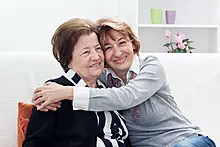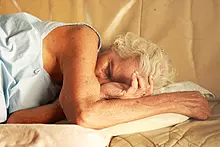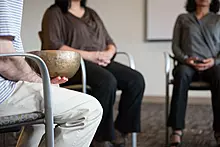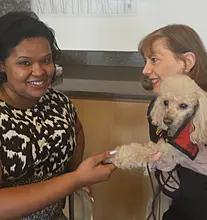
Conversations about body image and self-esteem can be difficult to have with teenagers, even more so if their bodies have undergone a significant change as the result of a cancer diagnosis. CancerCare oncology social worker Sarah Paul, MSW, LMSW, discusses the importance of talking about body image with teens who have cancer, and offers tips on starting the conversation for parents and/or guardians.









